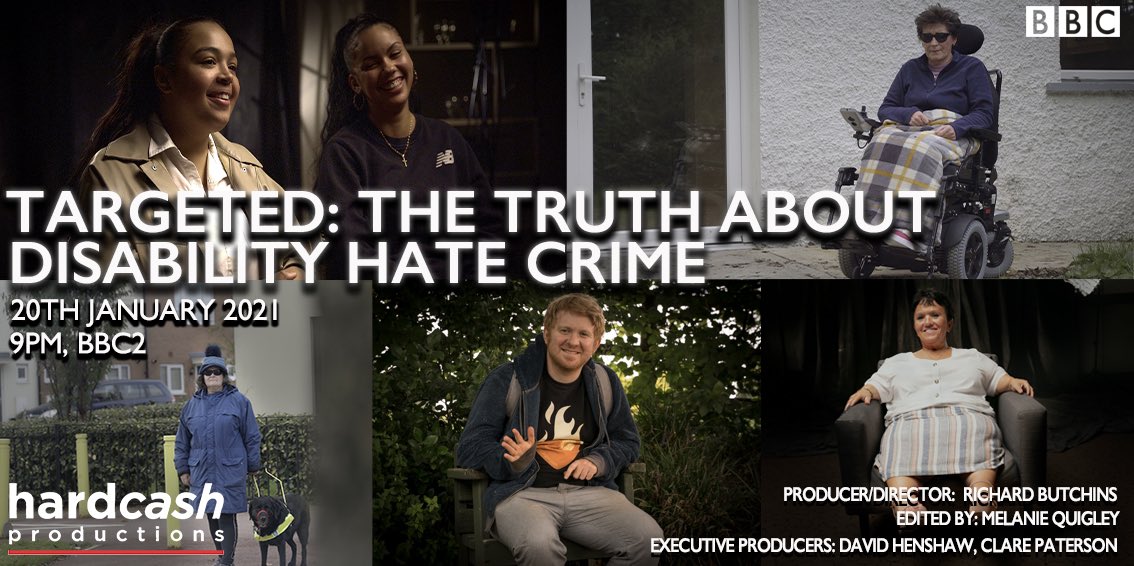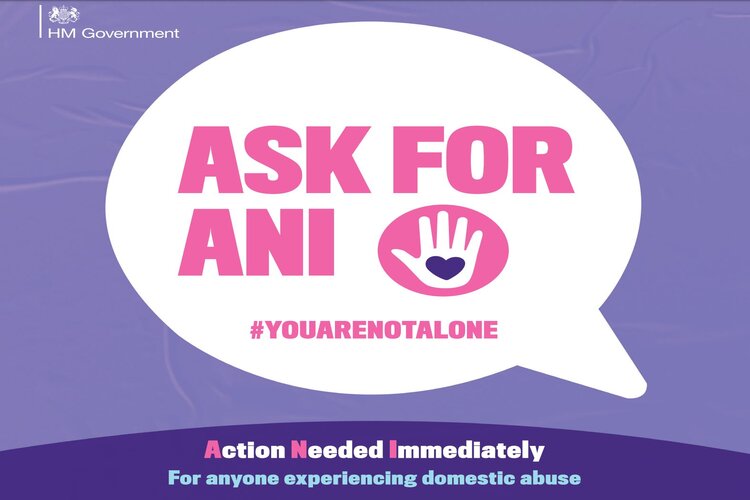
On 20th Jan, the BBC broadcast a film written and directed by disabled filmmaker Richard Butchins which reveals the abuse and aggression faced by disabled people in everyday life, from verbal name-calling to violent physical attacks. The film features a wide range of testimony from survivors themselves, and it available to view on iPlayer.
Disability Hate Crimes and should be the reported to the police you can also get support from We Are 336 to find out more, call them on 020 7735 5656.

